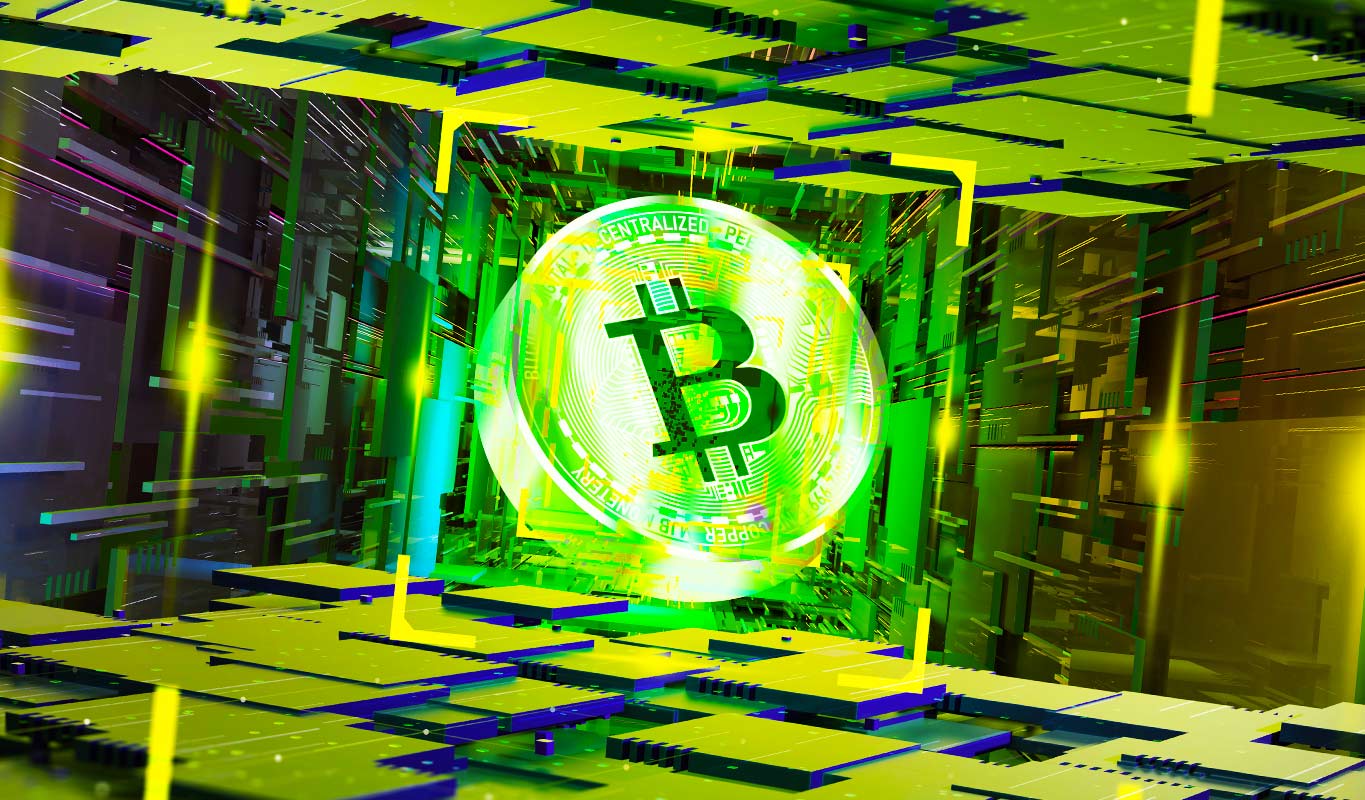Combating false identification and unfair pay

One of the pressing issues in education is fake credentials. On May 18, the Washington Post reported that there are about 2,800 people who bought their credentials without attending the proper classes. They were able to pass the National Council Licensure Examination in the United States. The authorities are now trying to find these people.
The rise of fake credentials and teachers being undervalued and underpaid are some of the recurring problems that the education sector continues to face. Cointelegraph went on a mission to see if non-fungible tokens (NFTs) could provide a solution to these headaches found in the education sector.
This is not a one-time problem. In the United States, some estimate that around 100,000 fake degrees are purchased from illegitimate institutions or “diploma factories” each year. Some of these degrees can be purchased for $1,000 without any of the work required for such academic achievement.
NFTs are a “solid solution” to degree falsification
In 2021, Beau Brannan, a professor at Pepperdine University, argued for NFTs to be used in education. At the time, Brannan wrote that taking individual classes and putting them on an immutable public ledger, with uniquely designed images, could make education more valued.
“Institutional education would no doubt improve because the individual classes would mean more as opposed to being lumped into a degree and hidden away.”
Fast forward a few years, Brannan still has the same faith in NFTs. The professor told Cointelegraph that NFTs offer a “solid solution” to a massive international problem that is degree counterfeiting.
According to Brannan, there is no way to verify degrees from a school. “I have no idea what’s in it. I just trust the institution, the brand and the accreditation process,” he said. The professor believes that verification for individual subjects would provide more insight into college degrees. He explained:
“If individual courses become part of the student book, it creates a new level of accountability for the school and the teacher.”
The professor also explained that this also “opens the playing field.” Brannan said if this is implemented, other skilled teachers and non-institutional courses can be offered to students who may not have the access or finances to attend a traditional school.
Challenges in implementing NFT in education
Although there are clear advantages to using NFTs, there is also a mountain of challenges the academy must climb before these solutions can be adopted.
Brannan said access and adoption may be some of the issues that need to be addressed when implementing NFTs in the academy. “Access and adoption are always a challenge in early technology. But when incentives are aligned, it’s amazing how resilient we become, he said.
The Binance NFT team provided a perspective from the NFT space, telling Cointelegraph that a requirement for implementing NFTs in education is good technical expertise from educational institutions, teachers and students. They explained that:
“NFT technology is still quite new, and to be able to introduce NFTs into a very established space, such as education, will require a good level of understanding about the benefits this type of technology can provide.”
Aside from technical expertise, Binance told Cointelegraph that it also requires appropriate investments, a shift in “the ways of working” and revamping long-standing processes and infrastructure that have existed for years.
Despite the hurdles to overcome, the Binance team encouraged educators to explore the possibilities of NFTs if they want to think of new ways to create and distribute educational resources, reward achievement, and engage with students.
Related: Secret Service owns crypto, loves blockchain and has an NFT collection: Reddit AMA
Return value to educators with the power of blockchain
Aside from fake credentials, one of the biggest problems in academia is that teachers are undervalued and underpaid.
Recognizing these problems, a community-led protocol called Open Campus began a mission to create decentralized solutions for educators in an attempt to solve these problems.
Speaking to Cointelegraph, TinyTap CEO Yogev Shelly, who is also a council member at the Open Campus Protocol, explained how their team is working to help teachers get rewarded for the content they create through NFTs.
According to Shelly, they have introduced Publisher NFTs, which can generate revenue for teachers to “enable teachers and educators to freely create knowledge repositories.” The leader shared that there has been a growing interest in connecting Web3 to education. He said:
“I was surprised to learn how much interest has been expressed in education from the Web3 community along the way, which gives us great motivation to continue bringing value to educators, creators and students through decentralization.”
The executive believes that the power of blockchain and tailored smart contract protocols are the keys to decentralizing education and providing a “fair experience for stakeholders.”
Blade: Memecoin Sends BTC Fees To The Moon, Miner Profits Surpass $50B & More

























